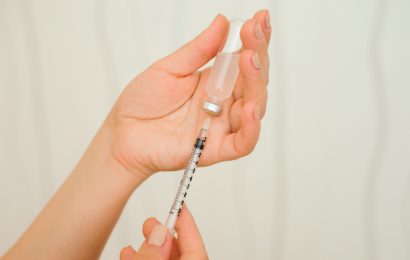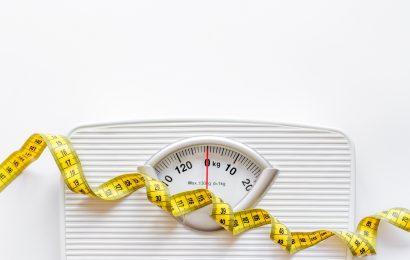Eating three low-carb meals within 24 hours reduces after-meal insulin resistance by over 30%, while eating three high-carb meals maintains insulin resistance, according to a new study from the University of Michigan. Insulin resistance can lead to prediabetes and Type 2 diabetes, which affect approximately 114 million Americans combined.
Insulin resistance, a hallmark of Type 2 diabetes, is a condition in which the body requires extra insulin to keep blood sugar levels within normal range. To evaluate the effect of the carbohydrate content of meals on insulin resistance, researchers assigned 32 metabolically healthy, postmenopausal women to have three meals within 24 hours containing either 30% or 60% carbohydrate, with or without moderate-intensity exercise prior to eating. The meals in the 60%, or high-carb, group were in line with the 45% to 60% range of daily carbohydrate intake recommended by the U.S. Departments of Agriculture and Health and Human Services.
The researchers found that insulin resistance after the third meal in the evening was decreased by 30% in those eating the low-carb meals, but that insulin resistance was maintained in those eating the high-carb meals. They also discovered that two hours of moderate-intensity exercise prior to eating did not lower insulin resistance, and actually was associated with increased blood sugar levels.
Although the study was small, the researchers say the results are significant, as they support the findings of two earlier studies and a review on the effects of high-carb diets on insulin.
“What is remarkable about our findings is that they show that a simple dietary modification of reducing the carbohydrate content of the meals can, within a day, protect against insulin resistance and block the path toward development of prediabetes while sustained intake of high carbohydrate diets as shown in the two mentioned studies lead to increased fasting insulin secretion and resistance,” noted principal investigator Katarina Borer, PhD. “And even more surprising and amazing is that exercise before the meals made the subjects more carbohydrate intolerant — that is, it increased evening blood sugar levels.”
The researchers plan to study the effects of the timing of meals, whether the insulin-lowering effects can be replicated in the morning, and whether blood sugar levels will decrease when women exercise after low-carb meals.
For more information, see the University of Michigan press release “U-M Study Bodes Well for Low-Carb Eaters” or the study in the journal PLOS ONE. And for more information about low carb-diets for diabetes, read our three-part series by nurse David Spero.
With JDRF’s new T1D footprint tool, you can get a better idea of just how much you’ve committed to managing your diabetes. Bookmark DiabetesSelfManagement.com and tune in tomorrow to learn more.





